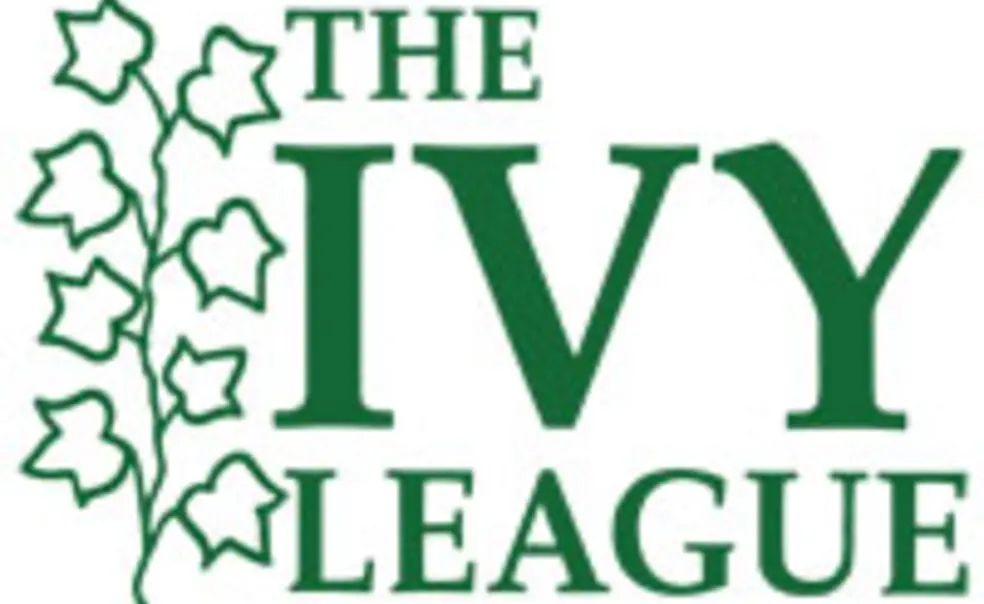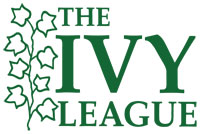NCAA hopes on the line for Princeton men's lacrosse at Ivy Tournament
“We’re going into this weekend thinking we have to win two games,” said Chris Bates, Princeton’s head coach.
The Tigers went 8-5 this year, including wins over Johns Hopkins and Yale, but they dropped one-goal games to North Carolina, Penn, Syracuse, and Dartmouth before suffering a 17-11 loss to Cornell at MetLife Stadium April 27. Princeton has struggled defensively all year, allowing an average of 9.7 goals a game, and Bates replaced goalie Matt O’Connor ’16, who started the first 11 games of the year, with Eric Sanschagrin ’15 against Harvard on April 19. Sanschagrin played well against the Crimson, making 8 saves in a 14-6 win, and respectably against Cornell with 12 saves.
Despite performing in front of 19,875 people in an NFL Stadium, “Eric was very poised,” against Cornell, Bates said. “The shots he gave up were in tight. We thought he played fine.”
Princeton’s normally potent offense sputtered in the first half against Cornell before scoring eight goals in the second half. They’ll need that kind of production for a full 60 minutes to beat the Big Red, which pelted Princeton with shots from close range. Cornell’s Rob Pannell may be the best attackman in the college game, and he scored five goals and four assists on Saturday in a dominating performance. Cornell attackman Steve Mock and midfielder Connor Buczek each added four goals as the team upped its record to 12-2 and 6-0 in the Ivy League.
Cornell goalie A.J. Fiore has struggled at times during his four years in Ithaca, but he’s saved 53.5 percent of the shots he’s faced this year and made 13 stops against Princeton. The Big Red are ranked second in the national polls, and they’re a lock to be in the NCAA tournament, where they will probably host a first-round game as one of the eight seeded teams. Princeton will certainly be the more desperate team tomorrow night, which can be a critical advantage in conference tournaments.
“We felt they played very well on Saturday and we didn’t,” Bates said. “We’re excited to have the opportunity to play them again.” The coach expected to make some adjustments in planning for the teams’ second meeting, though he also thought better execution would help. Princeton wanted to make it difficult for Pannell to get the ball, which it didn’t do on Saturday, and Bates added that his offense could have shot the ball better against Fiore.
The Cornell/Princeton winner will face either Penn or Yale. Both teams should bring a sense of urgency to their 5 p.m. meeting tomorrow in Ithaca. The Quakers are 8-4, and they have a ranking of 12 in the so-called ratings percentage index, or RPI, a key metric in the NCAA tournament selection process, while Yale is 9-4 and has a 13 RPI. (Cornell is at 4, Princeton at 18.) The Elis beat Penn 7-6 in overtime on March 30, and for both squads a win in the rematch would probably lock up a bid.
Penn, Princeton, and Yale could all render hours of bracketology irrelevant and eliminate any selection-day jitters by winning the Ivy Tournament. The NCAA tournament expanded to 16 teams in 2003, and the Ivy League has averaged two bids a year since then. Cornell was the lone representative in 2005 and 2008, while four Ivies went to the NCAAs in 2006, and three got bids in both 2004 and 2009.
Yale has had excellent face-off men for more than a decade and does again this year, with Dylan Levings winning 59 percent of his draws. Attackman Brandon Mangan leads the team in scoring with with 32 goals and 23 assists, while Conrad Overbeck is at 27 and 5 and Kirby Zdrill at 26 and 2. Yale has played six one-goal games this year, going 3-3.
Penn overhauled the way it plays this season after finishing 3-10 in 2012, and the results have been impressive. Quaker coach Mike Murphy favored a very methodical style in his first three years in Philadelphia, but he loosened the reins on offense and Penn averaged 9.25 goals a game in 2013, up from 7.85 last year and 8.2 in 2011. The team started strong, with a 14-9 win over Duke on Feb. 22, a 6-4 win at Lehigh on March 5, and an 11-10 victory over Princeton on March 16, but the Quakers have cooled off thereafter, losing to Cornell, Yale, and Harvard. But the Quakers made the Ivy tournament thanks to Yale’s 11-10 win over Harvard on April 27 and now have the chance to scan their ticket to the NCAAs.
David Marcus ’92 is a frequent PAW contributor.













No responses yet